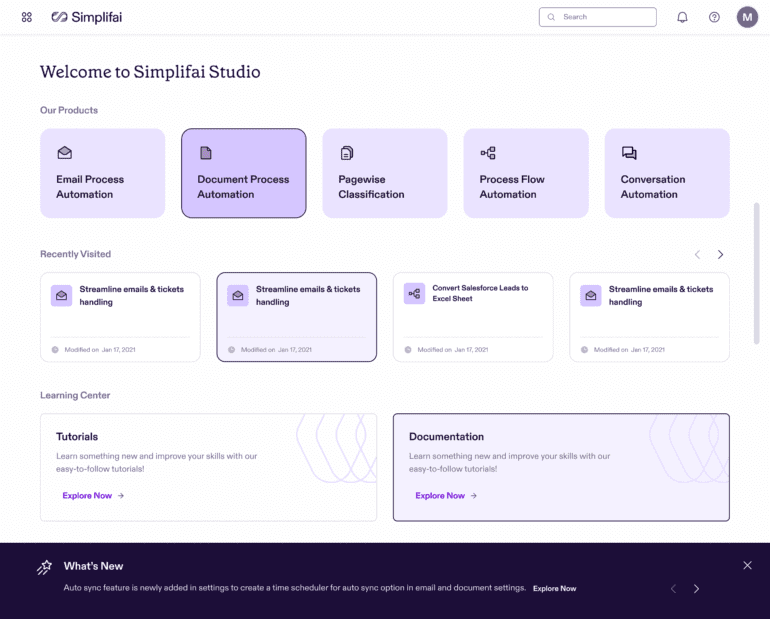TL;DR:
- Simplifai launches Simplifai InsuranceGPT, a custom-built AI tool for insurers.
- InsuranceGPT is the first large language model (LLM) trained on insurance-specific information.
- The tool enhances communication between insurers and customers through generative AI.
- The global market for AI software is predicted to reach $135bn by 2025, with the insurance sector accounting for 25%.
- Simplifai aims to address industry challenges with data security, accuracy, and AI adoption.
- InsuranceGPT integrates with existing systems, ensures data security, and requires no coding expertise.
- The tool improves efficiency and effectiveness while maintaining privacy and security.
Main AI News:
Simplifai, a leading provider of artificial intelligence (AI) automation solutions, has unveiled a groundbreaking innovation called Simplifai InsuranceGPT. Developed on their advanced no-code AI-powered platform, this custom-built GPT tool marks a significant milestone as the first large language model (LLM) specifically trained on insurance-related information.
By harnessing the power of generative AI, Simplifai’s InsuranceGPT empowers insurers to enhance their end-to-end business process automation capabilities. The tool revolutionizes communication between insurers and their customers, offering prompt, concise, and precise responses with utmost security.
According to industry experts at Gartner, a renowned American technological research and consulting firm, the global AI software market is projected to exceed $135 billion by 2025, with the banking, financial services, and insurance sector constituting a substantial 25% share. However, despite this immense potential, Simplifai highlights that the insurance industry is still exploring how to fully embrace AI and LLMs like ChatGPT.
In response to this gap, Simplifai has taken a bold step forward by introducing the insurance sector’s first-ever cloud-based, private software-as-a-service LLM. This groundbreaking offering addresses critical concerns related to data security and accuracy. Key features include seamless integration with existing ecosystems through plug-ins to third-party services and industry platforms, uncompromising vigilance regarding security through private LLM training, and a user-friendly approach that eliminates the need for technical expertise with its ‘no code necessary’ capability.
Bård Myrstad, Co-Founder and CEO of Simplifai, emphasized the immense potential of generative AI and underscored the importance of an industry-specific GPT model trained on insurance data. He stated, “The possibilities presented by generative AI are truly remarkable, and our specially-built InsuranceGPT is the ultimate solution to mitigate risks associated with security, data privacy, and accuracy. This cutting-edge tool empowers our customers’ employees to operate more efficiently and effectively, ultimately adding greater value, all while upholding our unwavering commitment to privacy and security.”
Simplifai’s launch of InsuranceGPT marks a significant milestone in the insurance industry’s digital transformation journey. With this revolutionary AI tool, insurers can unlock new levels of operational excellence while navigating the ever-evolving landscape of data security and customer-centricity.
Conclusion:
Simplifai’s launch of Simplifai InsuranceGPT marks a significant advancement in the insurance industry’s digital transformation. By introducing an industry-specific AI tool trained on insurance data, Simplifai aims to bridge the gap between insurers and customers, enabling faster and more accurate communication.
With the global AI software market projected to reach $135bn by 2025, the introduction of InsuranceGPT signifies the growing importance of AI in the insurance sector. Simplifai’s innovative approach addresses critical concerns such as data security, accuracy, and the need for technical expertise. By streamlining business processes and enhancing efficiency, Simplifai’s InsuranceGPT has the potential to revolutionize the insurance industry and drive further market growth.

